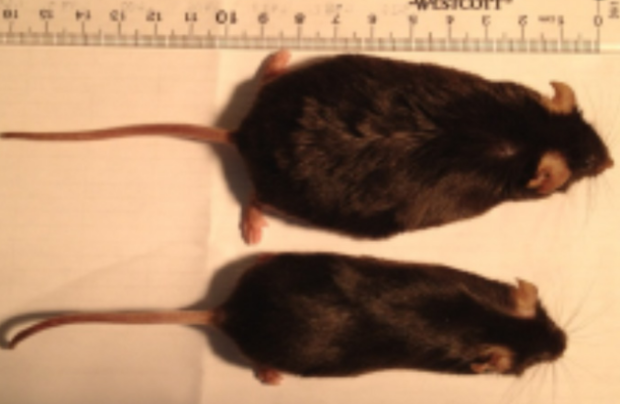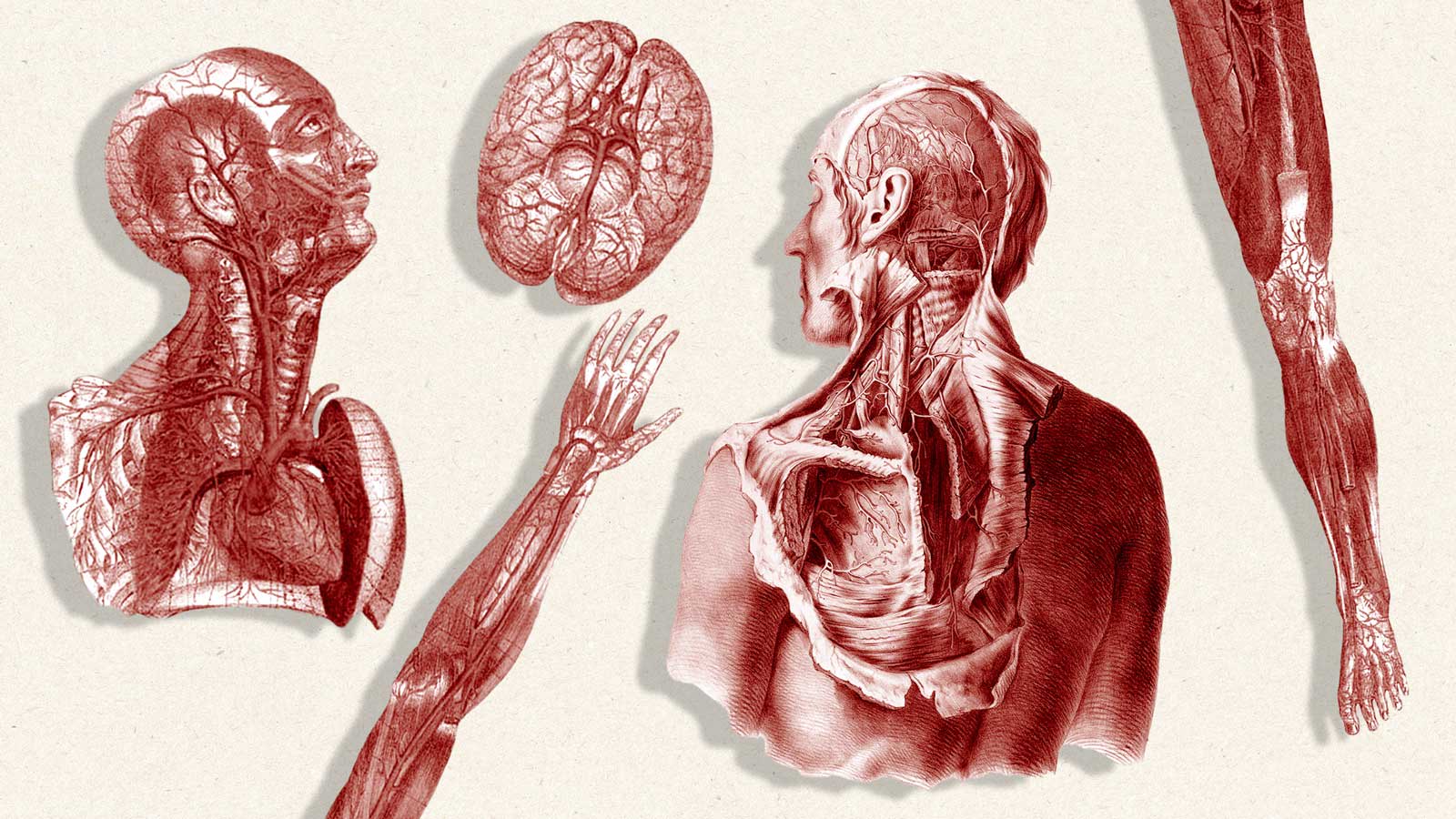Is sense of smell linked to being fatter or thinner?
Would you be willing to give up the smell of fresh-baked chocolate chip cookies or a pizza right out of the oven if it meant slimming down?
A new study showed that mice that lost their sense of smell didn't gain weight even when they ate the same high-fat diet as mice that could smell and did gain weight.
The mice that retained their sense of smell packed on twice their normal weight while the smell-deficient mice didn't gain at all, scientists from the University of California, Berkeley, reported in the journal Cell Metabolism.
A group of mice whose olfactory neurons had been genetically altered to take away their sense of smell were also compared with another group of mice whose sense of smell had been enhanced. The "super-smellers" gained even more weight.
"This paper is one of the first studies that really shows if we manipulate olfactory inputs, we can actually alter how the brain perceives energy balance, and how the brain regulates energy balance," said study author Céline Riera.
The findings raise questions about whether or not the same would hold true for humans, Riera, a former UC Berkeley postdoctoral fellow now an assistant professor at Cedars-Sinai Medical Center in Los Angeles, told CBS News.
"The cool thing about olfactory nerves is that they are totally unique. They're not in brain, they're in the nose. Maybe in future, we can non-invasively block them in humans. Maybe if you can remove olfaction in the patients for several months, it may help them lose weight," she said.
In an article in Berkeley News, senior study author Andrew Dillin said, "Sensory systems play a role in metabolism. Weight gain isn't purely a measure of the calories taken in; it's also related to how those calories are perceived."
The researchers hope future work in this area could someday benefit patients who are morbidly obese or overweight people with health problems like diabetes.
Dillin, a professor of molecular and cell biology and Howard Hughes Medical Institute investigator, said that if the discovery proves true in humans as well as mice, it could offer new treatment options for obese patients thinking about stomach stapling or bariatric surgery. "For that small group of people, you could wipe out their smell for maybe six months and then let the olfactory neurons grow back, after they've got their metabolic program rewired," he suggested.
Those with food addictions, such as binge-eating disorders, might be helped, too.
Riera said, "We hope to eventually find a way to do that in humans as well, and help them control their addictive behaviors and switch their metabolism to fat burning instead of fat storage."






